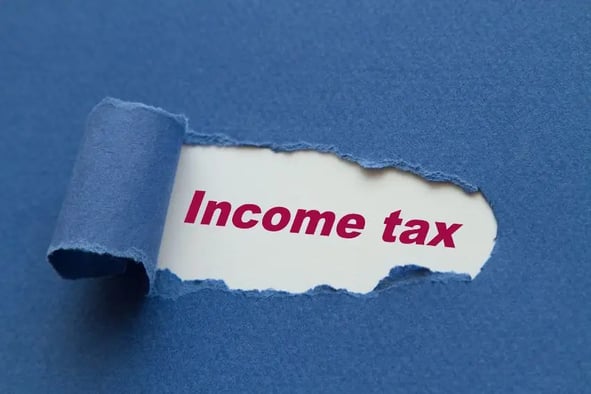
A first job can be an empowering and educational experience for teenagers. It provides them with their own money, which they must learn to manage. It gives them a sense of what things cost and what it takes to earn them. It teaches them to prioritize wants and needs and can form the basis for good lifelong financial management practices. It is also an opportunity for them to begin learning about income taxes. Most teens do not earn enough to have to file a tax return, but in some situations, minors are required to file, and some who are not required will benefit from filing anyway. When teenagers begin their first jobs, understanding a few basic tax principles will help them to understand their tax obligations and how they might limit the income tax they will owe. Parents will also benefit from understanding how their children’s jobs may affect their own tax returns.
The Basics
If your child’s only source of income is as a W-2 employee working for an employer who is not a family member, then the rules are fairly straightforward. If a child is claimed as a dependent on another taxpayer’s return, then they are not required to file unless earnings exceed the standard deduction for a single filer ($12,500). A child who earns more than this amount must file a tax return.
Minors who have never before been obligated to pay federal taxes and anticipate earning less than this threshold amount may claim an exemption from withholding. They can do this by writing “exempt” on Line 7 of their W-4. If, at the end of the year, it turns out that earnings did, in fact, exceed the exemption amount, then a return must be filed and applicable taxes paid.
Investment Income
If a child receives investment income in addition to earned income, then the investment income must be reported in addition to income from work. This is important to bear in mind in case the addition of investment income pushes the child above the exemption limit. Beyond this, special rules apply to investment income received by minor children. The IRS website contains detailed information on this topic.
Voluntary Filing
Even if your child is not required to file a return, it may be in their best interest to do so. If withholding has been taken from the minor’s paycheck, but the child has no tax liability, then filing a return is the only way of getting that money back in the form of a refund. This is a great exercise for young people just getting a sense of income taxes. Most teenagers need only file a 1040 EZ, which is very simple and gives them an introductory tax filing experience. The reward of receiving a check from the government is a great incentive for them to keep up good financial practices.
The Importance of Employment Classification
Some employers misclassify employees as independent contractors and novice workers often find this attractive because withholding is not taken from their pay. Advise your teenager to be wary of this practice, however, since being classified as an independent contractor can exempt the employer from having to pay employment taxes and may, in turn, subject your child to self-employment taxes, which fund Social Security and Medicare. Unlike taxes from W-2 employment, which don’t kick in until the $6,200 threshold for dependent minors, self-employment taxes apply to income over $400, regardless of the worker’s age or dependent status.
Exceptions to Self-Employment Taxes
Minors do benefit from some special self-employment tax treatment, however. If a child under age 18 provides services such as babysitting, lawn mowing, or other household services, and the child is a student, then he or she will likely be exempt from Social Security and Medicare taxes. The IRS provides an exemption for “household employees” under 18 whose household work is not their “principal occupation.” The IRS gives details of this special treatment on its website.
Boelman Shaw Tax & Financial Planning is your resource for tax planning and income tax filing in Des Moines. Contact us to schedule an appointment to prepare your return and plan for next year and beyond.
Tax and accounting services provided through Boelman Shaw & Company, LLC. Advisory services provided through BSC Capital Partners, LLC a state of Iowa registered investment advisor.
